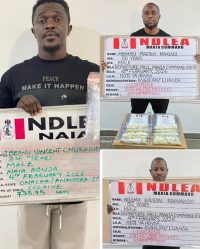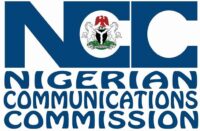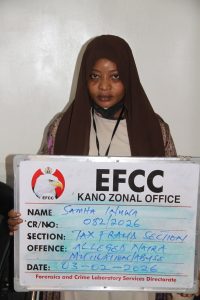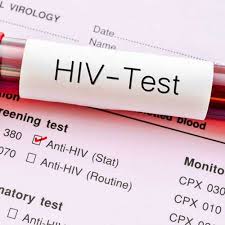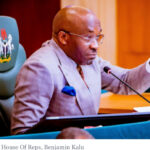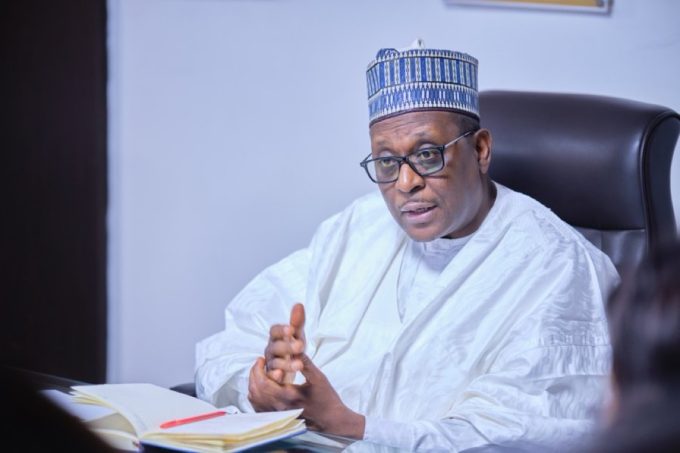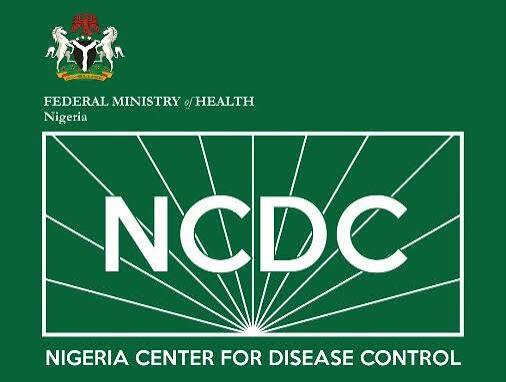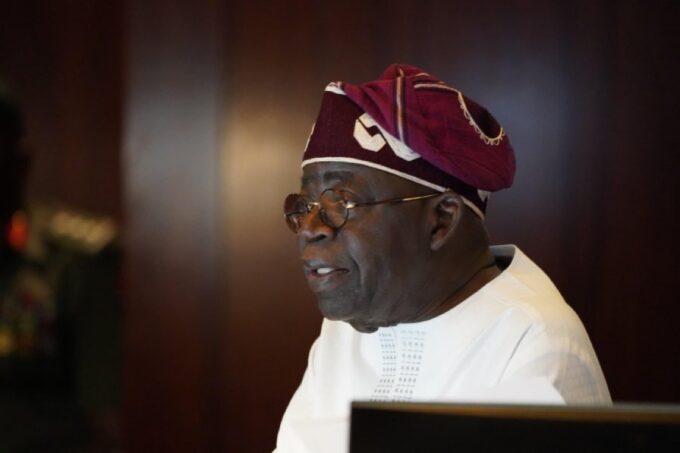The briefing was organised ahead of the commemoration of World AIDS Day, themed “Overcoming disruption: Sustaining Nigeria’s HIV response.”
World AIDS Day is observed annually on December 1 to raise awareness about HIV/AIDS, promote global solidarity, and review progress in combating the epidemic. It also serves as a platform to reinforce commitment toward eliminating HIV and ensuring access to treatment for all affected individual
The Joint United Nations Programme on HIV and AIDS (UNAIDS) 95-95-95 targets aim to ensure that by 2030, 95 per cent of all people living with HIV know their HIV status, 95 per cent of all people diagnosed with HIV receive sustained antiretroviral therapy, and 95 per cent of all people receiving antiretroviral therapy achieve viral suppression.
Nigeria’s achievement reflects ongoing efforts to strengthen HIV prevention, testing, and treatment across the nation.
Ilori said Nigeria, like the rest of the world, has faced unprecedented disruptions, including a global pandemic, economic uncertainty, fluctuating donor support and shifts in the global health financing landscape. Despite these challenges, Nigeria’s HIV response has not faltered.
“Today, I stand before you to report that Nigeria remains firmly on track to end AIDS as a public health threat by 2030. We will not stop until that goal is achieved. Over the past year, Nigeria has continued to record important achievements in its HIV response. We have maintained an impressive 87–98–95 performance toward the global 95–95–95 targets, demonstrating significant progress in diagnosis, treatment coverage, and viral suppression across the country.
“Eighty-seven per cent of people living with HIV in Nigeria know their status, 98 per cent of those who know their status are on life-saving treatment, and 95 per cent of those on treatment have achieved viral suppression—meaning they cannot transmit HIV.
“In the last decade, Nigeria has recorded a 46 per cent decline in new HIV infections, and more Nigerians living with HIV are enrolled and retained in care than ever before. State-led efforts in the prevention of mother-to-child transmission have strengthened early infant diagnosis and pediatric treatment, though these areas continue to require focused attention,” Ilori said.
The DG noted that the agency’s collaboration with civil society and community-led organisations has further strengthened community systems, expanding access to HIV testing, prevention, and treatment services, especially among key populations, adolescents, and young people.
She added, “In 2024 alone, 204,201 individuals from key populations were actively receiving antiretroviral therapy, with strong viral suppression rates among those retained in care.
“Domestic resource mobilisation efforts are deepening, with several states increasing budget allocations and strengthening HIV Trust Funds to enhance sustainability and national ownership. When global funding uncertainties threatened to disrupt essential services, the Federal Government of Nigeria, under the leadership of His Excellency President Bola Ahmed Tinubu, stepped in decisively, injecting $200 million to ensure the uninterrupted delivery of HIV prevention, testing, and treatment services, as well as allied infections.
“It was leadership in action, expressing Nigeria’s commitment to its people. We have also made measurable progress in integrating HIV services into broader health systems across the 36 States and the Federal Capital Territory. With the establishment of the AIDS, Tuberculosis, and Malaria Technical Working Group and an increased enrolment of people living with HIV into state health insurance schemes, we are improving efficiency and long-term programme sustainability. Additionally, innovations in digital reporting tools have strengthened strategic information systems, resulting in improved data accuracy, better monitoring, and stronger accountability across the response.”
She said that despite progress, serious challenges persist, including ongoing stigma, discrimination, dependence on external funding, and limited access to services in hard-to-reach areas.
According to her, Nigeria also still bears a large burden of paediatric HIV infections, indicating that more work is needed to accelerate prevention and treatment efforts.
She emphasised the importance of increasing domestic financing through partnerships with states, the private sector, and philanthropists, while fully implementing the Prevention of Mother-to-Child Transmission Acceleration Plan to ensure every pregnant woman is tested and treated.
She also outlined plans to expand prevention services for key and vulnerable populations, especially adolescents and young people, through wider access to Pre-Exposure Prophylaxis and tailored service delivery models, alongside advancing local production of HIV medicines to reduce reliance on imports.
She further called for stronger multisectoral coordination and a continued commitment to fighting stigma and discrimination, ensuring safe and inclusive environments for all.
A representative of UNAIDS, Gabriel Undelikwo, commended Nigeria’s commitment to strengthening national systems, securing local financing, and ensuring access to treatment.
Undelikwo reaffirmed UNAIDS’ support to Nigeria and stressed that achieving the goal of ending AIDS by 2030 will require sustained leadership, collaboration and community empowerment.
He said, “We need to sustain the national leadership partnership, maintain integration, and strengthen collaboration and community empowerment because we believe that together we are overcoming the disruption and sustaining the national response to HIV.”
The Deputy Chief Executive Officer of Programmes at APIN Public Health Initiatives, Jay Samuels, reaffirmed the organisation’s commitment to helping end the HIV epidemic in the country.
He said, “As the foremost indigenous NGO providing treatment for over 20 per cent of Nigeria’s Persons Living with HIV/AIDS, we restate our commitment to working with all relevant stakeholders to close the treatment gaps and ultimately end the epidemic.
“Even in the face of uncertainties and changes in the global funding landscape, we are poised to lead the charge towards domestic resource mobilisation. We are leaving no stone unturned by identifying and working with institutions, organisations, foundations, and individuals to ensure that patients who are bona fide Nigerians are not entirely dependent on the goodwill and generosity of the international community.”

